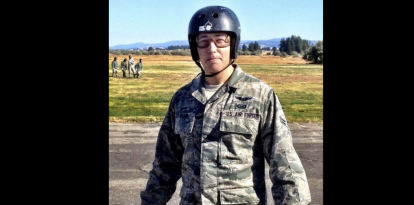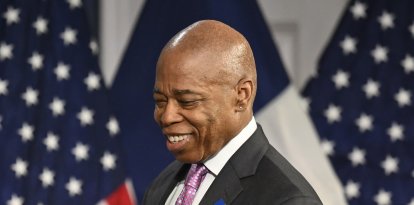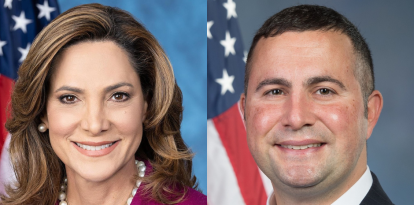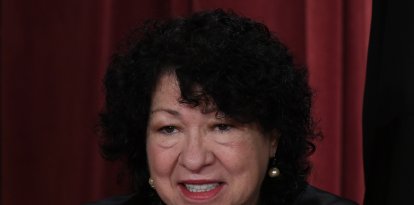Federal judge allows 'affirmative action' in Naval Academy admissions: '[It] has enhanced national security'
The plaintiff, Students for Fair Admissions, has vowed to appeal with the aim of extending the Supreme Court's ban on race-based considerations in civilian educational institutions to military ones.

Naval Academy graduation ceremony
U.S. District Judge Richard D. Bennett rejected a request to prevent the U.S. Naval Academy from considering the race and ethnicity of its applicants.
Bennett stated that promoting diversity among members of the Army and Marine Corps, whose ranks are cultivated by the Naval Academy, is a "compelling national security interest."
The lawsuit aimed to extend the Supreme Court's ban on the use of affirmative action criteria in civilian colleges, established last year, to military academies. In his recent ruling, Judge Bennett referenced a footnote from Chief Justice John Roberts, who had noted the 'potentially distinct interests' of military academies. "The record in this case demonstrates the wisdom of that caution," the Baltimore judge agreed on Friday.

Society
Is the School of Foreign Service woke? Georgetown conspires to change U.S. policy from within
Leandro Fleischer
Highlighting a "significant deficiency in the number of officers of color in the officer corps" in both branches of the Armed Forces, Bennett emphasized that "over many years, military and civilian leaders have determined that a racially diverse officer corps is a national security interest." He supported defense arguments, writing that racial diversity "has enhanced national security by improving unit cohesion and lethality, recruitment and retention, and domestic and international legitimacy."
In addition to highlighting significant differences between military and civilian training, the judge noted discrepancies in their admissions processes. He argued that the Naval Academy's admissions process is "far more complex," and governed by "federal statutes, Department of Defense directives, Department of Navy regulations." He also pointed out that the academy's process includes nomination pathways tied to both the military services and Congress.
He also emphasized that affirmative action is currently applied narrowly: "No candidate for admission is admitted based solely on his or her race," and there are no "racial quotas" or "racial balancing." He explained that the existing practices "relate generally to the Academy’s decision to extend appointment offers among candidates it has already deemed qualified for admission."
Plaintiffs vow to appeal
Students for Fair Admissions pledged to appeal the ruling. In addition to filing this lawsuit, the group also filed a similar one against West Point, the nation’s oldest military academy.
They were also behind the successful court case that ended affirmative action at civilian colleges, after suing Harvard and the University of North Carolina.
"It is our hope that the U.S. military academies will ultimately be compelled to follow the Supreme Court’s prohibition on race in college admissions," said its president, Edward Blum, in a mailer distributed by The Washington Post.
However, his pleas may be addressed by another branch of government. While endorsing and praising the current policies of military institutions, Bennett made it clear in his ruling that they report to the executive branch. This serves as a warning to those celebrating the injunction: their celebration may be short-lived, as President-elect Donald Trump has vowed to eliminate diversity, equity, and inclusion measures.

Politics
Trump’s team considers filing executive order to create panel to purge 'woke' generals
Emmanuel Alejandro Rondón
RECOMMENDATION





















